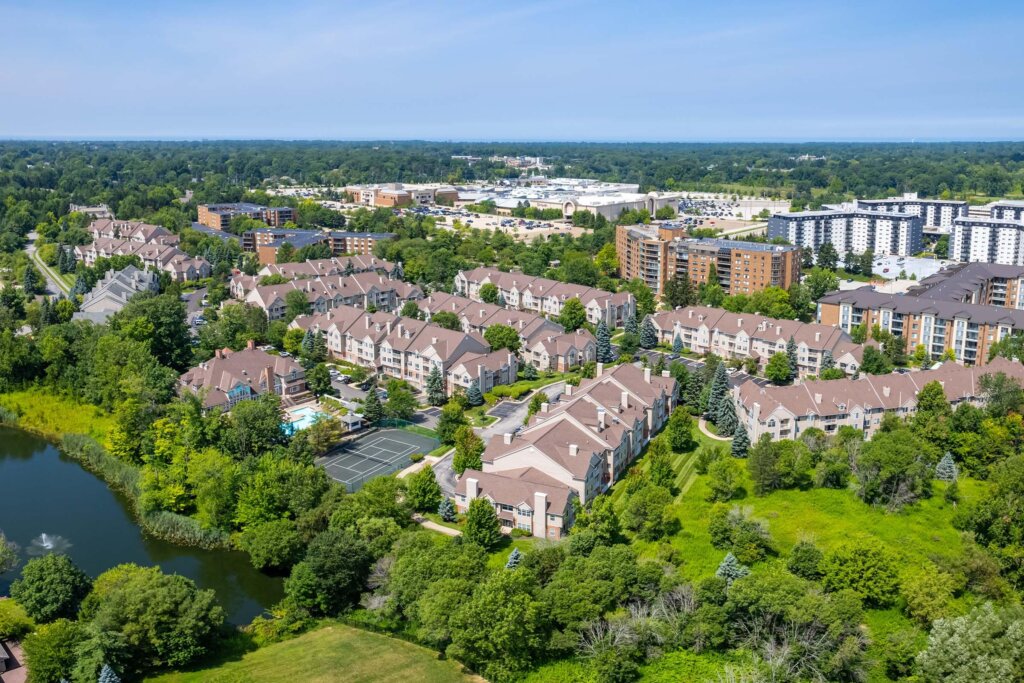
Understanding Foreclosure Consequences
Experiencing foreclosure in Brookfield can be an overwhelming and life-changing event, affecting not only your immediate living situation but also your financial stability for years to come. Whether due to financial hardship, medical emergencies, job loss, or an inability to keep up with mortgage payments, foreclosure leaves a lasting mark on homeowners. While the immediate impact may feel like the hardest part, many homeowners do not fully realize the long-term effects of foreclosure until years later.
Beyond losing a home, foreclosure can negatively impact your credit score, ability to secure future housing, and even your emotional well-being. Understanding these consequences is essential for homeowners in Brookfield who may be facing foreclosure or have recently gone through one. In this article, we discuss five significant future impacts of foreclosure and explore possible solutions to help you recover.
Devastating Credit Score Damage
One of the most immediate and long-lasting consequences of foreclosure in Brookfield is the damage it does to your credit score. A foreclosure can cause a drop of 100 to 160 points on your credit report, depending on your previous credit history. This significant decline can make it extremely difficult to obtain loans, credit cards, or even rent an apartment.
A foreclosure remains on your credit report for up to seven years, limiting your financial opportunities and making lenders hesitant to work with you. Even if you qualify for credit, you will likely face significantly higher interest rates and unfavorable loan terms. This can make it difficult to rebuild financial stability, forcing homeowners to rely on cash or alternative lending options, which may come with hidden fees or additional risks.
To mitigate this, homeowners must actively work on rebuilding their credit by making timely payments on existing debts, maintaining a low credit utilization ratio, and gradually re-establishing a positive financial history.
Difficulty in Buying a Home Again
Many homeowners dream of owning property again after losing their home to foreclosure in Brookfield, but the process is not easy. Most traditional mortgage lenders impose strict waiting periods for borrowers who have experienced foreclosure. For conventional loans, the waiting period is typically seven years, while FHA loans may require a three-year waiting period with proof of financial recovery.
During this time, potential homebuyers must demonstrate responsible financial behavior, including improving their credit score, reducing debt, and maintaining stable employment. Additionally, lenders may require larger down payments and higher interest rates for those with a foreclosure history.
The competitive housing market in Brookfield makes it even more challenging for those with a foreclosure record to re-enter homeownership. Limited mortgage options combined with rising property prices can make securing a new home nearly impossible without significant financial recovery and a well-prepared strategy.
Increased Housing Instability
Losing a home to foreclosure in Brookfield can result in years of housing instability. Many former homeowners must transition to renting, which presents its own set of challenges. Landlords commonly perform credit and background checks on applicants, and a foreclosure record can make it difficult to secure a lease. Some property owners may require additional deposits or co-signers, while others may reject applicants outright.
This housing uncertainty often leads individuals and families to move frequently, struggle to find quality housing, or settle for less-than-ideal living situations. The stress of finding stable housing after foreclosure can have ripple effects, making it harder to establish a sense of security or long-term financial planning.
To combat this, some homeowners explore alternative housing options such as rent-to-own programs or working with private landlords who may be more flexible regarding credit history.
Emotional and Psychological Stress
The financial toll of foreclosure in Brookfield is often matched by the emotional toll it takes on individuals and families. Losing a home can create feelings of shame, guilt, anxiety, and depression. Many homeowners experience emotional distress due to the social stigma attached to foreclosure, leading to a loss of confidence and motivation to rebuild.
The stress can also affect relationships, with families struggling to adjust to a new financial reality or deal with the disappointment of losing their home. Parents may find it challenging to explain the situation to their children, and relationships with friends and family members may suffer due to the pressures of financial instability.
Seeking emotional support from friends, family, or even professional counselors can help homeowners navigate these difficult emotions and focus on recovery.
Limited Job and Financial Opportunities
Many people are unaware that foreclosure in Brookfield can impact more than just housing—it can also affect employment opportunities. Some employers, especially those in finance, law enforcement, and government positions, conduct credit checks as part of their hiring process. A foreclosure on record may be viewed as a sign of financial irresponsibility, potentially disqualifying candidates from job opportunities.
Additionally, obtaining financing for a business venture or securing a small business loan becomes more challenging with a foreclosure on record. Many lenders and investors view financial stability as a key factor when approving business loans, meaning entrepreneurs with foreclosure histories may face additional hurdles in securing capital.
Higher Future Borrowing Costs
Even after recovering from foreclosure in Brookfield, the financial damage lingers. Borrowers with a foreclosure history often face significantly higher interest rates when applying for new loans. Whether it’s a car loan, personal loan, or new mortgage, lenders consider individuals with past foreclosures as high-risk borrowers.
Higher interest rates mean more expensive borrowing costs over time, making it harder to rebuild financial stability. Homeowners must work proactively to repair their credit, save for larger down payments, and demonstrate responsible financial behavior to regain lender trust.
The Effect on Brookfield’s Housing Market
A high rate of foreclosure in Brookfield does not only impact individual homeowners—it also affects the local housing market. A surge in foreclosures can lead to declining property values in surrounding neighborhoods, making it harder for homeowners to sell their properties at competitive prices.
Additionally, high foreclosure rates can slow down real estate investment in the area. Buyers may be hesitant to invest in neighborhoods with a history of distressed properties, leading to reduced home appreciation rates and slower economic growth.
Moving Forward: How to Avoid Foreclosure and Rebuild
While foreclosure in Brookfield carries serious consequences, recovery is possible. Homeowners facing financial difficulty should explore foreclosure alternatives, such as:
- Loan modifications to adjust mortgage terms
- Short sales to sell the home and avoid foreclosure
- Working with real estate investors who purchase homes in distress
For those who have already gone through foreclosure, rebuilding starts with:
- Improving credit scores by making timely payments on all debts
- Saving money for a future home or rental security deposit
- Seeking financial counseling for guidance on long-term financial planning
Taking these steps can help homeowners in Brookfield regain financial security, work towards homeownership again, and minimize the long-term effects of foreclosure.
